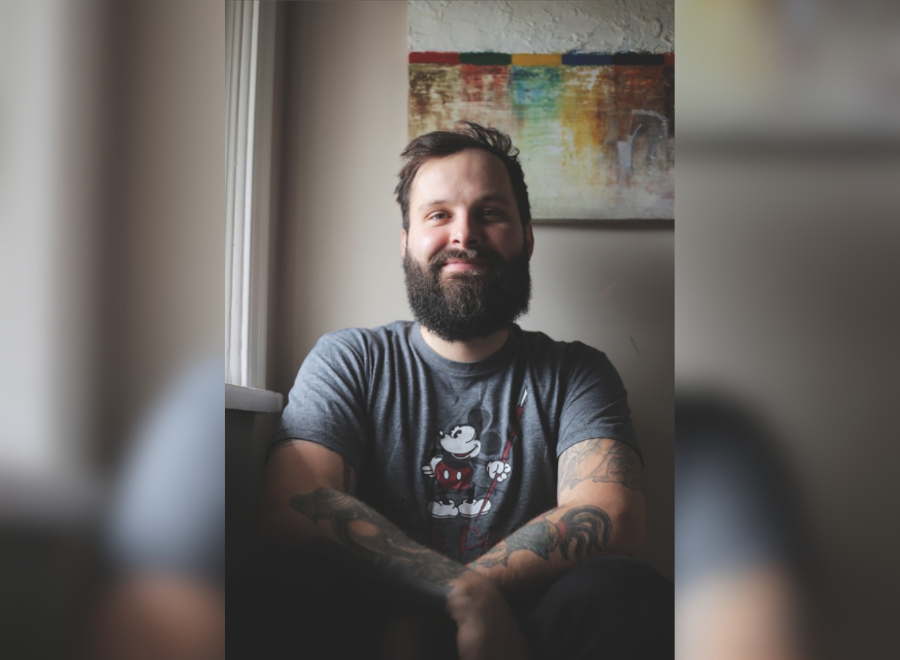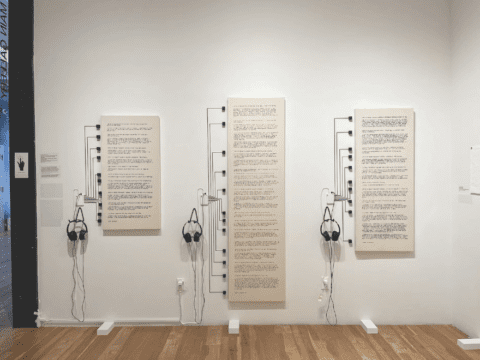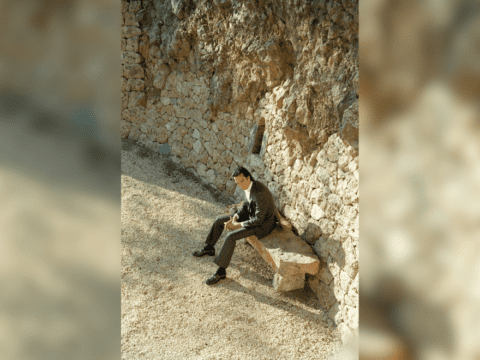Benjamin Hertwig has worn many hats over the years. A writer, painter and ceramicist, he served a tour in Afghanistan for the Canadian Armed Forces in 2006 and was a finalist for a 2017 Governor General’s Literary Award for his poetry collection, Slow War.
This year, the Alberta-born author published his debut novel, Juiceboxers. It follows a run-of-the-mill soldier nicknamed“Plinko” from his time in the army reserves as a teenager to his tour in Afghanistan to afterward. Throughout, Plinko desperately seeks family in three of his platoon mates: an angry older soldier teetering on the edge of radicalization, a Somali Muslim facing post-9/11 Islamophobia, and a man with a seemingly unshareable secret. The quartet’s journey shows the corrosive effect of both the military and war on the youth who enlist.
You may unsubscribe from any of our newsletters at any time.
A gifted poet, Hertwig immerses the reader in a way only someone who has lived experience in the army could. The book’s descriptive prose and realistic soldier-speak — equal parts military lingo and crassness — make you feel like you are shoulder to shoulder with Plinko in a G-Wagon cruising the deserts of Afghanistan. There are moments of beauty, like a call to prayer that “echoed off the mountains, the words and music stitched together, the thinnest of spider webs.”
More on Broadview:
Most chapters in the book are self-contained vignettes, a type of anecdotal storytelling that lends itself to character study. It’s especially effective when the lead character has the least on and can be an avenue for subtle observations (Fifth Business by Robertson Davies comes to mind).
This appears to be Hertwig’s approach for the first half or so of the novel, wherein the narrative is solely from Plinko’s perspective. Once in Afghanistan, however, we go inside the heads of the other three leads, who spend a great deal of time telling us their strifes, often several times over.
The foreshadowing is similarly overt. “He should not have gone to Afghanistan. No one should have. Not a single good thing came out of it,” the narrator states, weeks before Plinko’s platoon sets foot in the country.
While Hertwig had originally envisioned a career in the military, he left it shortly after returning from Afghanistan. Despite its narrative missteps, Juiceboxers intimately conveys the disillusionment and trauma that followed him and other soldiers home.
***
Drew-Anne Glennie is a recent Broadview intern.













